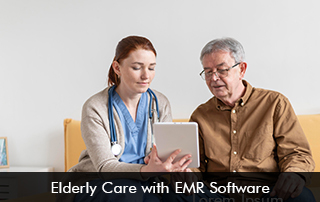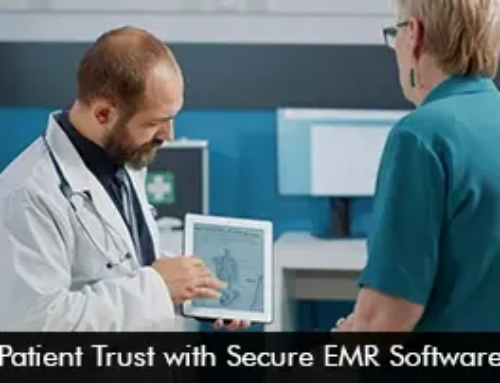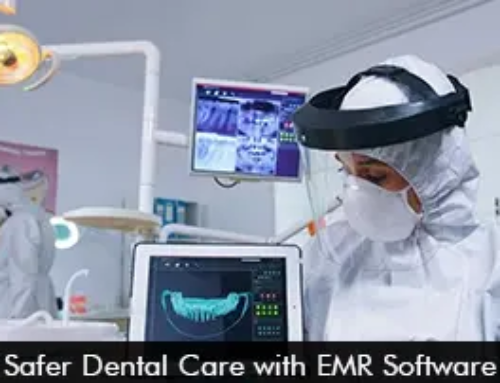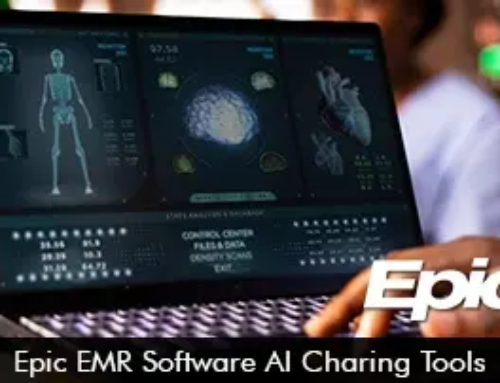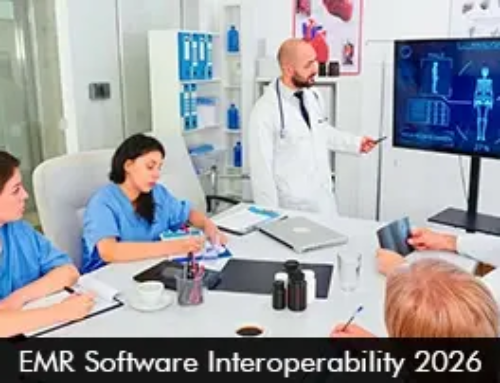Meeting the healthcare needs of the elderly is the responsibility of the government, healthcare providers, and health systems. According to the United States Census Bureau, 1 in 6 people were 65 years and over in 2020. The growth in older populations has been propelled from 2010 to 2020, so healthcare technology can play a pivotal role in improving patient care. Electronic Medical Records (EMR) Software can cater to the requirements of elders by tracking necessary patient histories to offer personalized care.
Key Features of EHR Software for Elderly Care
Caregivers can be empowered with the following Electronic Health Records (EHR) Software functionalities. Leveraging these tools can greatly improve the quality and efficiency of elderly care.
- Intuitive EMR Software interface for easy navigation.
- Access to comprehensive patient records.
- Tools for care coordination such as HIPAA-compliant messaging platform.
- Clinical Decision Support
- Telemedicine Software integration for effective remote care.
- Mobile access for providers to practice on the go.
- Reporting and analytics
Benefits of EMR Software Systems in Elderly Care
Enhanced Patient Records Management
EHR systems centralize patient data, making it easier for caregivers to access and update it.
Detailed patient histories, medication lists, and treatment plans are easily accessible, lowering the chance of mistakes and improving senior patient care.
Improved Care Coordination
Care collaboration is the cornerstone of enhanced healthcare delivery for elderly patients. The interoperability options in electronic medical records software facilitate seamless exchange of data between various care settings such as hospitals, nursing homes, and home care. Providers, nurses, and medical specialists can easily communicate ensuring all of them are on the same page during the patient’s treatment path.
Medication Management
To make sure that patients are given the right prescriptions at the right times, EMR systems offer features for tracking and controlling medications. Furthermore, reminders for medicine refills and alerts for possible drug interactions can be combined. These reminders are important as senior patients are more inclined to forget to take their medication on time.
Better Patient Care
Real-time access to patient information in the EHR Software facilitates prompt and well-informed decision-making at the point of care. Tools for analytics and reporting help spot patterns and places where elderly patient care needs to be improved.
Assisted-Living EMR Software for Elderly Care
Assisted Living EHR software is an electronic medical records system tailored to meet the demands of assisted living institutions. These facilities offer a combination of accommodation, personal care services, and healthcare support to elderly people who need help with everyday tasks but do not require the intensive medical care given by nursing homes. Assisted living EMR software improves resident care administration, caregiver communication, and regulatory compliance.
Leveraging Electronic Medical Records Software is mandatory to modernize care delivery for elderly patients. The sophisticated and robust software technology is designed to improve operational efficiency giving an opportunity to caregivers to ensure better outcomes for senior patients.


